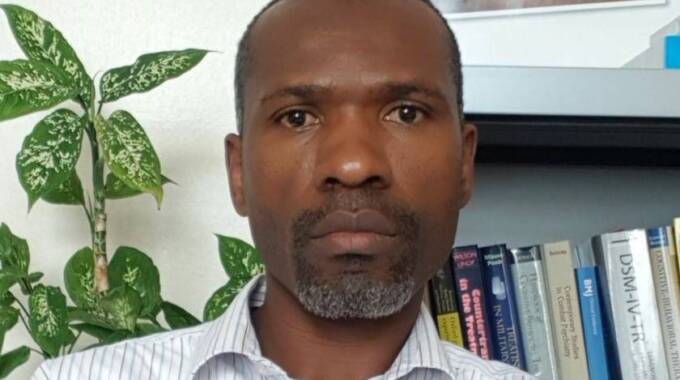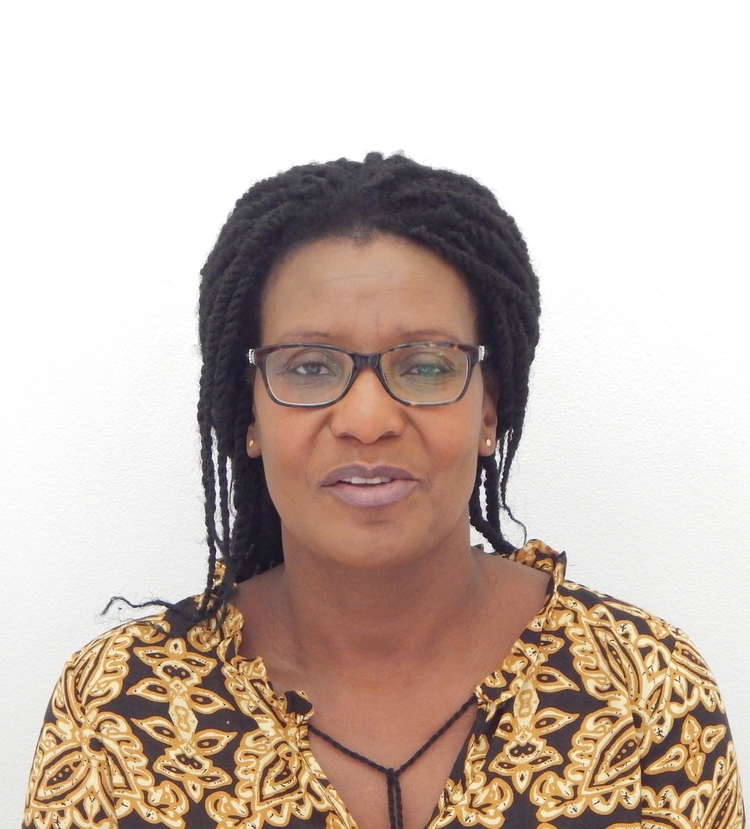
The Sunday Mail

RELATIONSHIPS are at the core of most difficulties that people encounter, including the emergence of mental health problems.
Mertha Mo Nyamande
We are all raised in different environments and with different values and beliefs. Some are more varied and looser while others are strict.
These differences can make it difficult for people to agree on simple things or on more complex issues, which means they struggle to work together. Having differences is what makes us human.
At the core of everything we do are our beliefs that inform our thinking and, in turn, our behaviours. So, in our daily lives, our beliefs play a significant role in how we navigate issues, and how we work with those who hold different values.
Some find it difficult, if not impossible, to collaborate with those who hold opinions that are different from theirs.
As highlighted by Miguel Ruiz Jr, there are five levels of attachments — from fanaticism to loose attachments. Most conflicts arise from those who are more attached to their beliefs. For instance, extreme Christians may struggle to work with extreme Muslims.
When issues arise
In life, there will always be problems here and there.
It is wise to focus on solutions, as opposed to emotional responses. If you get upset because someone said or did something to you, the solution does not lie in crying or laughing but addressing whatever was said or done. The latter will give you a sense of relief or will release tension.
Crying or laughing also tends to create more problems. While it may make the one crying feel relieved emotionally, it has a propensity to bring further anguish, guilt and shame to the other party.
This, in turn, informs how future arguments are handled.
Essentially, when an adult cries or laughs as an emotional response to a problem, that action can be misconstrued as a manipulative way of handling conflict — emotional blackmail or poor conflict resolution.
Different expectations
As we grow, we develop different capabilities at various stages in life. Parents and guardians with limited knowledge of what is expected at certain stages may struggle to properly guide their children, leading to teaching them poor responses to situations.
Take the example of three children raised by their grandmother from her three children. As much as the grandmother tries to be fair with them, there will always be a favourite one. This could be due to the child’s behaviour or the grandmother’s closeness to the child’s parent.
Arguably, if we look at a boy and a girl raised by a single mother, similar dynamics exist in that they are both disenfranchised in different ways.
The boy may get away with a lot, which makes him struggle more as he is poorly prepared for challenges due to lack of a role model.
Additionally, he is likely to resemble dad most. Transference of emotions plays a big role here. Mum likely transfers a lot of the emotions meant for the father to him. The mother will also more likely be tough on the girl as she would be closely resembling her own traits. Often, she tries to rectify them by correcting her daughter’s.
As much as we are emotional, we are also social beings and cannot help but compare whenever we think our kin is doing better than us. How we deal with this determines whether issues fester or not.
Mainly in despairing, we respond negatively, leading to more difficulties with others. A negative response or failure to resolve one issue results in numerous other unresolved issues. This makes simple issues more complex to address.
How to resolve issues
It is almost impossible to resolve an issue with the same thinking that created it. This is usually where involvement of an impartial third party becomes vital. The third party could be new information or a person who challenges the problematic thinking that created the problem.
Unless we challenge the thoughts and beliefs, the behaviours and emotions will likely remain problematic. So, our greatest task in conflict resolution does not come from others changing, but from us changing, as this is where our development and maturity comes from.
If you constantly challenge others to change around you, they will be the ones growing and maturing while you remain stagnant.
Step out of your comfort zone and develop courage to change if you want to be better in all aspects of your life.
There are always different perspectives to any problem or situation you may encounter, which you may not have considered in your response, so be slow to judge. Try to look at possible alternative perspectives that balance or neutralise the negative emotional response you may have.
More importantly, train your thinking to consider other perspectives before you get to your conclusion for our life outcomes and opportunities depend on them.
Mertha Mo Nyamande is a psychotherapist. He can be contacted on: Insightwellbeing.mo @gmail.com or @ www.i-wellbeing.weebly. com



